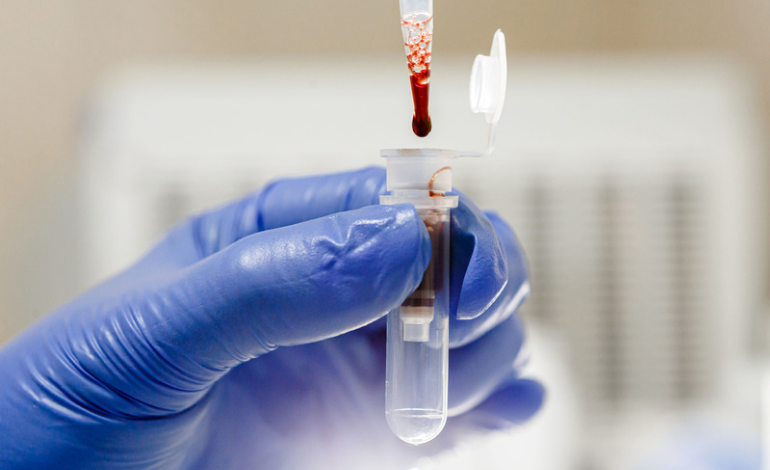
In a historic clinical experiment conducted in the U.K., laboratory-grown blood has been transfused into people for the first time. According to researchers, this could greatly enhance the care given to patients with unusual blood types and blood illnesses.
In the UK, two patients. received little doses of the lab-grown blood, about the size of a few teaspoons, as part of a wider trial to determine how it would behave in the body.
The trial's objective is to compare the lifespan of lab-grown cells with infusions of regular red blood cells over the course of several months. It will now include 10 participants.
The majority of transfusions will still be made up of regular human blood donations, according to researchers. However, the technology might enable researchers to produce extremely uncommon blood types that are hard to find but essential for those who require routine blood transfusions for illnesses like sickle cell anaemia.
“This world leading research lays the groundwork for the manufacture of red blood cells that can safely be used to transfuse people with disorders like sickle cell,” said Dr. Farrukh Shah, medical director of Transfusion for NHS Blood and Transplant, one of the collaborators on the project.
Red blood cells, which carry oxygen from the lungs to the rest of the body, are the subject of the study, which was carried out by scientists in Bristol, Cambridge, and London as well as NHS Blood and Transplant.
The lab-grown blood was labelled for the trial with a radioactive substance, which is frequently used in medical procedures, to track how long it persists in the body.
In order to compare the cell lifespans, the same procedure will now be used on a group of 10 volunteers who will each get two donations of blood, one of normal blood and the other of lab-grown blood, spaced at least four months apart.